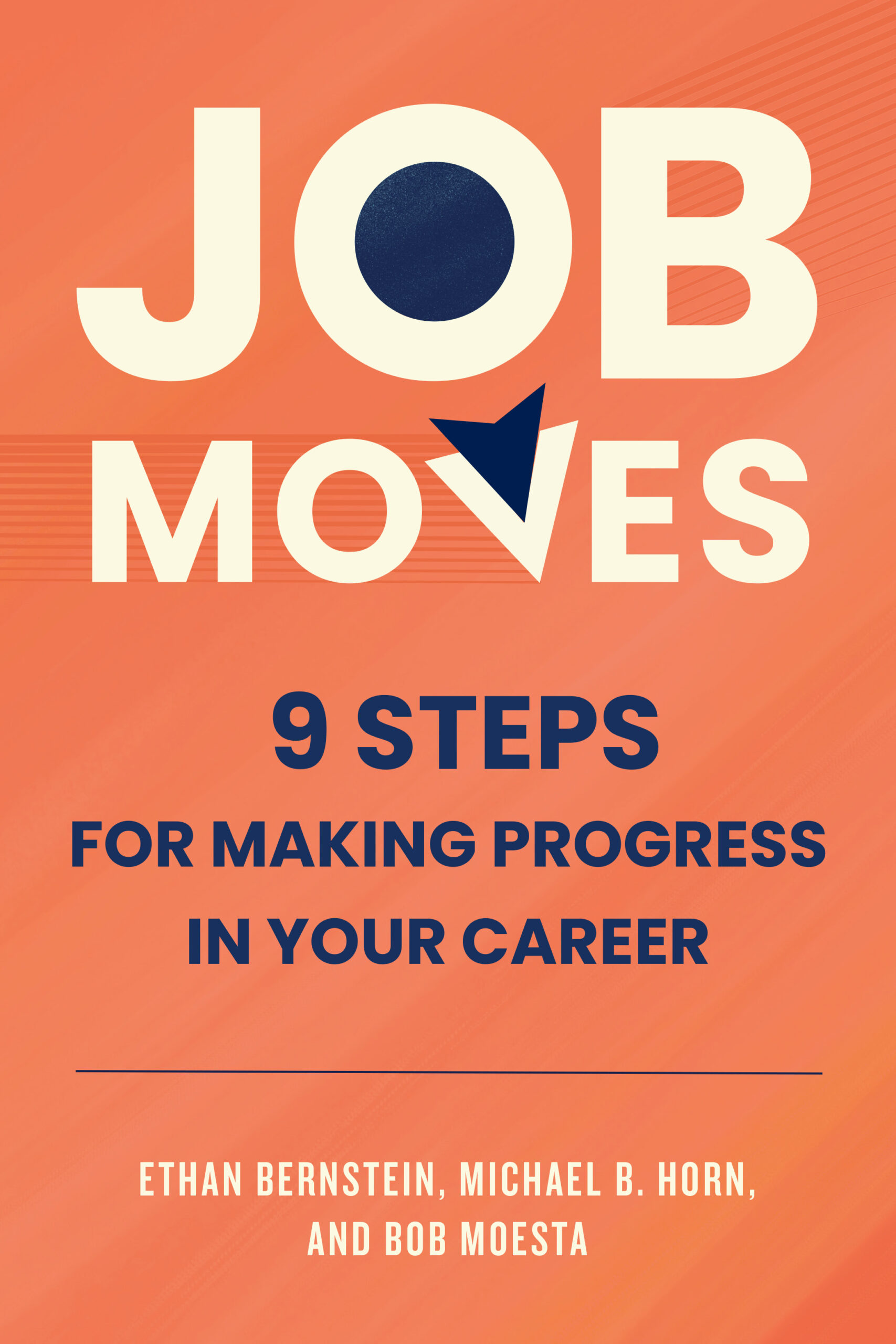
Reinventing the ‘Grammar’ of Schooling
Plus, microschools, meritocracy, and Yale and Coursera’s former head weighs in on higher ed.
In a recent essay for Kappan’s Possible Futures series, Harvard professor Jal Mehta makes the case for a new social contract for students to overthrow what’s often called the “grammar of schooling”—the structures and processes of our K–12 school system that do things like sort students into grades by age, track them into fixed groups based on point-in-time checks of ability, and assume that each group of students will progress at the same rate.
Stanford’s David Labaree offered a provocative response in which he made the case for the utility of the long-standing arrangement of schools.
I then had the opportunity to weigh in. I pulled from my forthcoming book, From Reopen to Reinvent, which, as you know is now available for pre-order (it comes out in July). My piece talks about the need to shift from a zero-sum schooling system to a positive-sum one in which we all do better as each individual excels. Have a read here.
Regulations Holding Back Microschools
In thinking about how to reinvent K–12 schools, I’ve made the argument that microschools can play a helpful role. Although I flesh this out in From Reopen to Reinvent, in my first column for the New York Sun, I drew from an interview I did with Friendship Public Charter School CEO Patricia Brantley to show how three categories of regulations are holding back the impact that microschools could have across the schooling system.
Altering these regulations isn’t something that has to be at the expense of school districts. Far from it.
My argument is that addressing these regulations would help school districts innovate. As an example, the Kettle Moraine School District in Wisconsin used microschools well before COVID to radically transform its schools and create a more learner-centered district.
Check out my piece here.
More broadly, although my intention is to write mostly about innovation in education at the New York Sun, I also plan to write about how innovation can help other sectors and societal challenges as well. Given this is a newsletter about the future of education, rather than excerpt those pieces, my current plan is to link to some of them at the end of my pieces for those who are interested.
Meritocracy and Education
There’s been a lot of talk about the concept of meritocracy over the past few years. Three books in particular have addressed the history, positives, and negatives of meritocracy in action—The Meritocracy Trap by Daniel Markovits (2019), The Tyranny of Merit by Michael Sandel (2020), and The Aristocracy of Talent: How Meritocracy Made the Modern World by Adrian Woodridge (2021).
In the latest episode of Class Disrupted, Diane Tavenner and I delved into how meritocracy intersects with education to set up future conversations to come on the controversial topics of exam schools and selective college admissions. Check out the conversation here.
COVID and Schools in India
I also had the opportunity to join a television show in India for WION on the topic of “Is it time to start living with COVID?” As we reflect on the different ways countries have grappled with the pandemic, you may be interested in the show here.
What Yale and Coursera’s Former Head Thinks about Higher Ed
Shifting to higher education, all corners are experiencing their own pressures and opportunities, from selective institutions in the Ivy League that often drive the mass media narrative to those in the world of online learning, workforce development, and adult learning. Sometimes those worlds are so disparate that it’s difficult to have a conversation that is both comprehensive and coherent about the future of higher education in America.
To have that comprehensive conversation, in the latest episode of Future U, Jeff Selingo and I welcomed Rick Levin, who served as president of Yale for 20 years, and then served as the CEO of Coursera for three years during inflection points in both of those organization’s histories. Rick is one of the few people who has led influential organizations in very different parts of the higher education ecosystem.
In the podcast, Rick spoke about why, in his view, legacy admissions isn’t the issue people think it is at places like Yale, even as legacy admissions comes under attack in the form of bills in places like Connecticut, New York, and at the federal level to bar using legacy in informing admissions decisions. Rick also addressed why selective colleges should expand their class size and why he would have lowered the number of spots reserved for athletes at Yale. He also shed light on why there aren’t economies of scale at places like Yale when they do expand the student body.
He also shared his view that dozens if not hundreds of colleges are likely to close over the next two or three decades and that his big vision to reform the higher education system is to give up the myth that community colleges are a gateway to four-year colleges. He believes many of them should instead focus explicitly on vocational education.
I found the conversation fascinating. You can listen to it here.
Also, Jeff Selingo and I spent Feb. 28 back on a college campus! We were at Northeastern University to record the first episode of our Future U Campus Tour, which is sponsored by Salesforce.org. We interviewed President Joseph Aoun and a panel before an audience of over 150 people on the campus. We’re excited to share the episode with you in a few weeks. As part of the Campus Tour, we’ll also be journeying to the campuses of UCLA, Georgia Tech, and Howard.
Connecticut’s Community College Consolidation
The regional accreditor for Connecticut’s 12 community colleges approved a plan to merge the institutions into one college.
Why is this a big deal?
Some of you may remember that on Future U we interviewed Jeff Senese, the president of Saint Leo University, in the fall to talk about his school’s acquisition of a college thousands of miles away. After that episode aired, though, the regional accreditor for Saint Leo University rejected the merger plan.
Similarly, Connecticut’s community colleges’ accreditor also rejected their plans to merge into one school back in 2018.
Accreditors may be the watch dogs that rarely bite in higher education, but they certainly have a large role to play in the conversation around college consolidation. For those of us—like me—who have forecasted big consolidation ahead, that’s important to remember. I also think this is part of a larger trend of consolidation that won’t just impact small, tuition-dependent private colleges, but also public colleges struggling with enrollment declines and high costs.
You can read more about the latest news in Inside Higher Ed here.
* * *
Lastly and unrelated to education, as we’ve watched the horrors in Ukraine unfold at the hands of Russia, I reflected on how the Olympics was a missed opportunity to forge more national unity. You can read my piece here from a couple weeks back.
As always, thanks for reading, writing, and listening.

0 comments